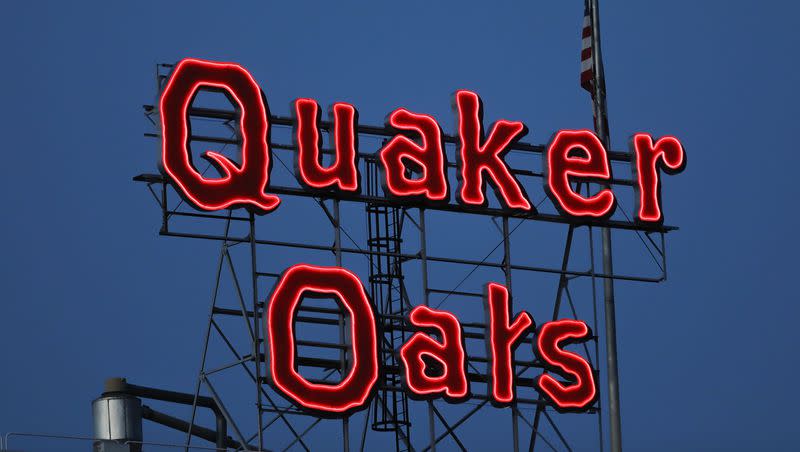Quaker Oats recalls more products due to salmonella risk, including Cap’n Crunch

Quaker Oats has recently expanded their recall from last December on some of their food products due to findings of salmonella contamination.
Per NBC News, over 60 products have been recalled. As of mid-December, Quaker Oats “had not confirmed any illnesses related to the recalled products” nor has it “said whether any illnesses had been reported since then.”
What has Quaker Oats recalled?
As reported by CBS News, the Food and Drug Administration (FDA) stated in a notice an updated list of the foods that are to be recalled and thrown away, including, among others:
Quaker Chewy Granola Bars.
Quaker Chewy Granola breakfast cereals.
Cap’n Crunch Bars.
Cap’n Crunch cereals.
Munchies Munch Mix.
Any snack boxes containing the listed items.
The foods from both these recalls were sold in every state of the U.S.A., as well as in territories Guam and Puerto Rico, and in the island Saipan, per USA Today.
The food recall does not list Quaker brand oats, bran, grits, rice snacks and oat flour as contaminated items.
The cause and effect of salmonella
According to the FDA, salmonella are a group of bacteria “that can cause gastrointestinal illness and fever.” The bacteria can be spread through undercooked foods, contact with animals and using uncleaned surfaces for preparing food. It can also be spread from direct animal contact to food through improper hand washing.
Symptoms of salmonella usually develop between 12 to 72 hours and can include cases of diarrhea, abdominal cramps, headaches, nausea and/or vomiting, per Johns Hopkins Medicine.
Bacterial infections can introduce and develop a condition named Reiter’s syndrome, or reactive arthritis, causing joint pain, urinary pain and eye discomfort.
Typically, symptoms of salmonella last four to seven days, according to MedlinePlus. Most individuals may get better without the need for treatment, but people who are infants or elders, or anyone with chronic health conditions, may feel symptoms to be more severe, and thus may need treatment for the infection.
What to do if someone has one of the contaminated foods?
Consumers are recommended to check wherever food is stored, immediately throw away the contaminated products and contact Quaker Consumer Relations (9 a.m. – 4:30 p.m. CST, Mon.-Fri.) at 1-800-492-9322 or visit www.quakerrecallusa.com for additional information.

